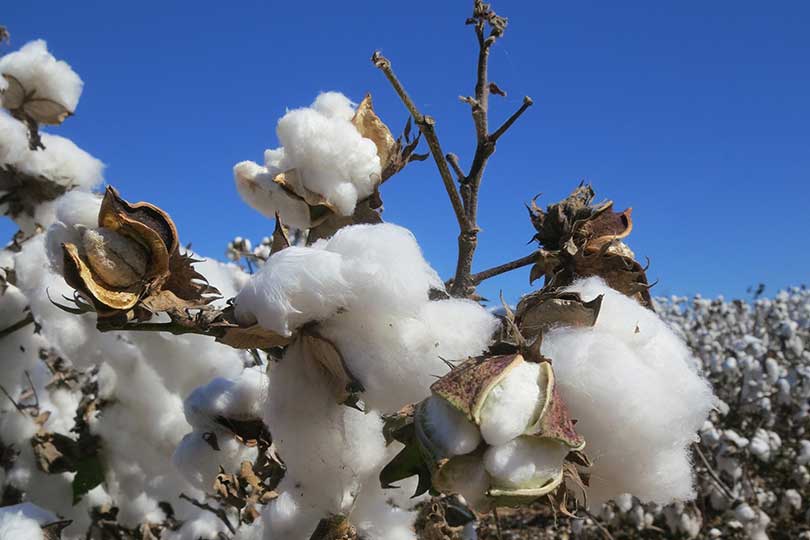Cotton, a longtime staple crop on the South Plains and major part of the region’s economy, is growing into a new sector—environmental cleanup following oil spills.
The Institute of Environmental and Human Health (TIEHH) at Texas Tech University has found that finer raw cotton in loose form performs best for absorbing oil, according to a study published by the American Association of Textile Chemists and Colorists (AATCC).
“The oil spill issue has become a global issue, as it affects human health and environment,” said Seshadri Ramkumar, lead author of the study and a professor in the institute’s Nonwovens & Advanced Materials Laboratory, where the research was conducted. “So far, most oil sorbents are synthetic-based, which also leads to problems in marine environments. Our goal is to enable a biodegradable and natural product to be efficient and a cost-effective oil sorbent.”
The study compared the oil absorption characteristics of finer and coarser cotton in loose, needlepunched nonwoven and hydroentangled nonwoven forms.
Finer cotton in loose forms was proven superior for oil absorbency.
The study showed the importance of cotton micronaire for oleophilic applications such as spill remediation.
Among the important characteristics of cotton, micronaire—a measure based on cotton’s air permeability—is an indicator of its fineness and maturity.
Ramkumar has worked to introduce cotton to the field of technical textiles for more than a decade. He is the creator of FiberTect™, a nonwoven decontamination wipe capable of cleaning toxic chemical agents.
“The work done by Dr. Ramkumar and his team is to be commended,” said Steve Verett, executive vice president of Plains Cotton Growers Inc., which supports research in the Nonwovens & Advanced Materials Laboratory. “It is vital that we continue to explore new markets for cotton, and Dr. Ramkumar’s research has contributed greatly to the advancement of cotton, especially in the nonwovens sector.”
Ramkumar said the goal is to find industrial applications, as well as new and value-added technical applications for cotton, according to Morning Ag Clips.

